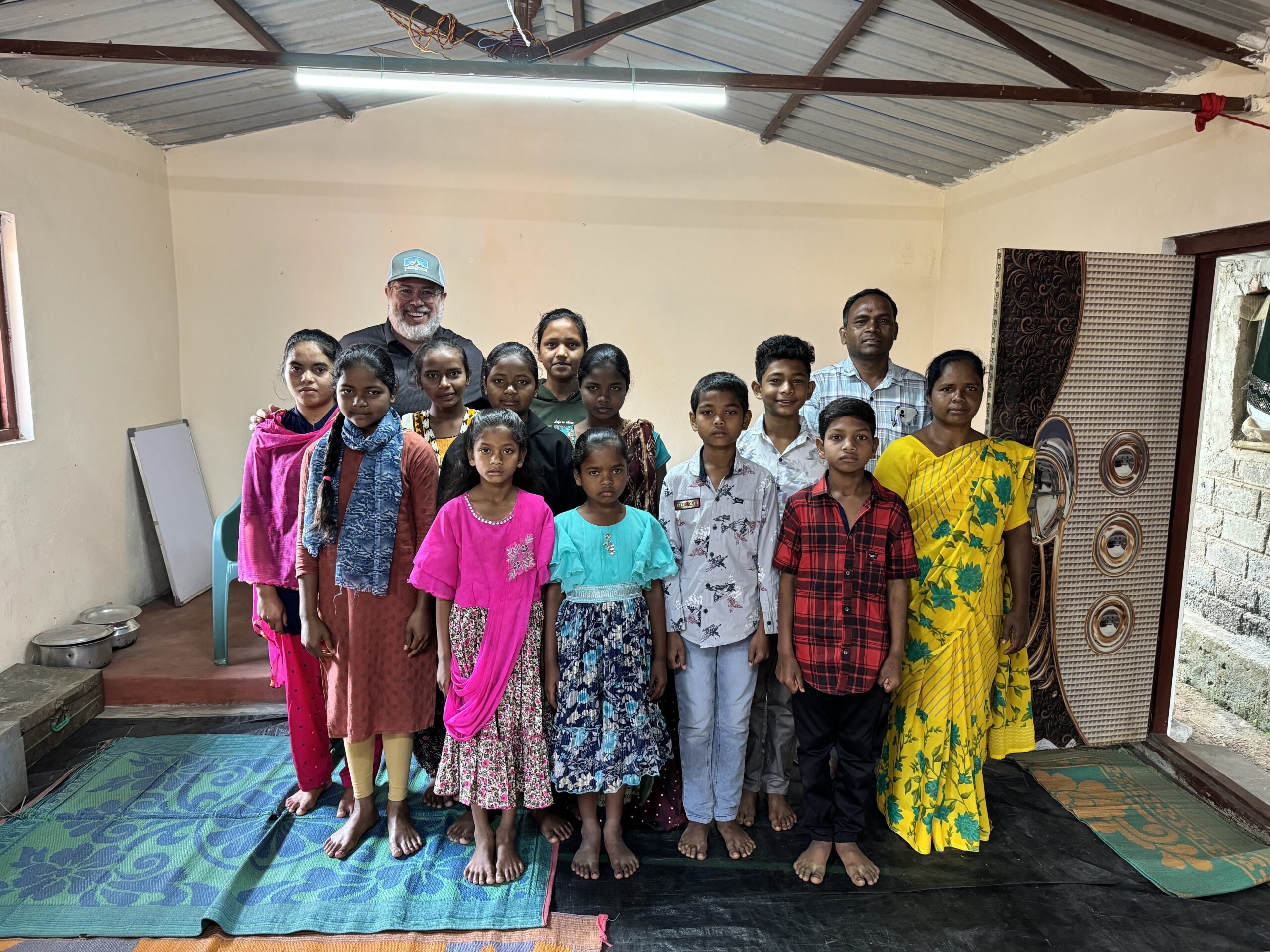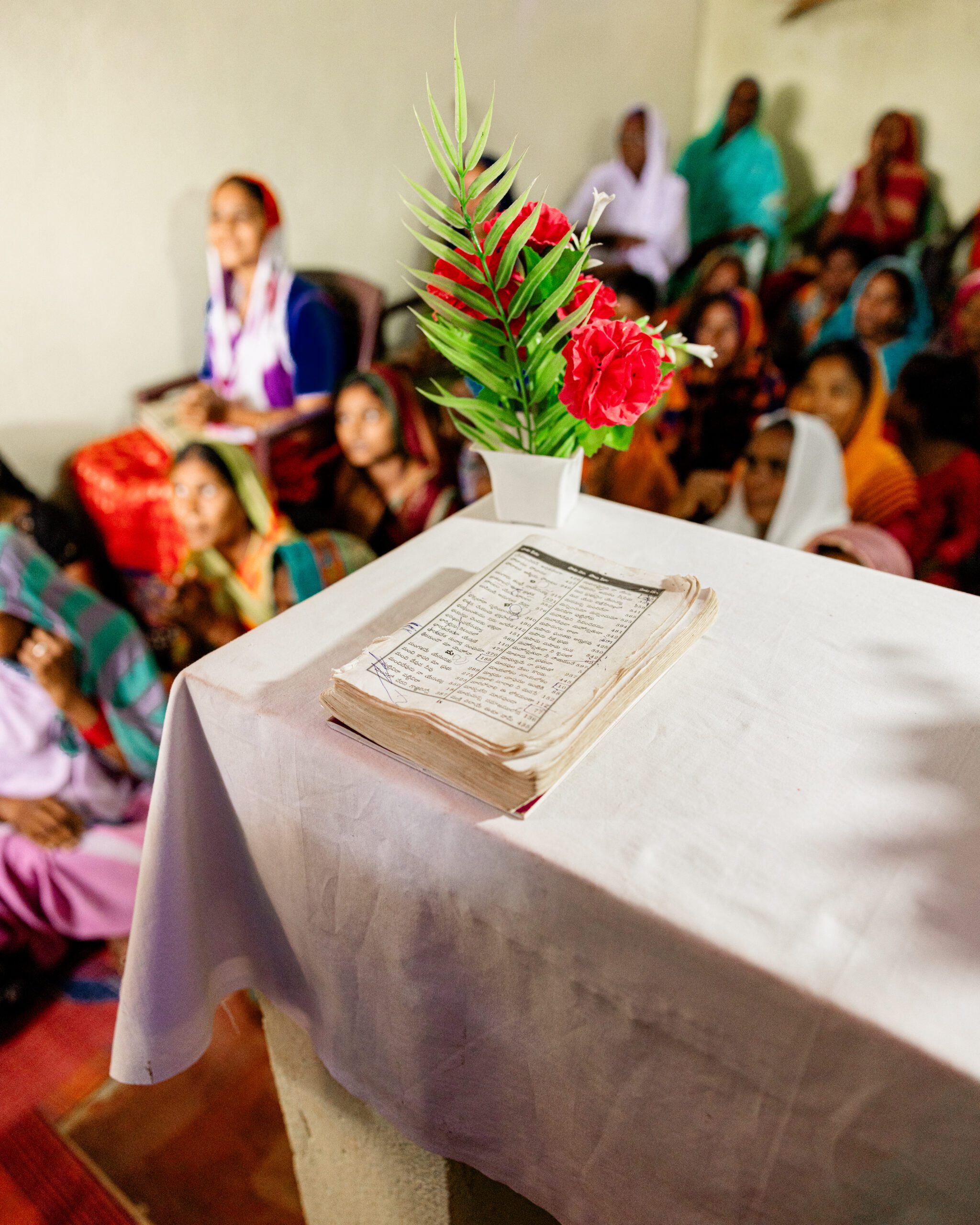

6 Min Read
Faith in Action: How Local Churches Are Leading the Fight Against Slavery
Read More
5 Min Read
Sep 3, 2024



The every-day life of the modern Indian is still deeply affected by Hindu traditions and cultural rhythms. Even those who belong to different religions often still have traditional Hindu customs as part of their cultural experience. Today there is still intense cultural pressure and disgrace towards those that choose to leave the prevalent religion of India. In fact, India is currently listed as number 11 on the World Watch List, making it a place of extreme persecution.
From its early history onward, India has been a majority-Hindu nation. For decades, laws against persuading others to convert to your religion were enacted to keep India primarily Hindu. The caste system, commerce, and other key aspects of life in India are all rooted in the teachings of Hinduism, including that of karma and reincarnation. Meaning, the majority of Indians believe that those born into lower castes did something in their former life to deserve such punishment and societal rejection. These beliefs extend cycles of poverty, discrimination, and despair throughout the Dalit (“Untouchables,” the lowest caste) regions.
Today, there are millions of Christians in India, though relative to the population of India (over 1.4 billion), they make up just 2.4% of the total. Much of this comes from the long history previously discussed of Hinduism and the ways it is deeply embedded in Indian society. In accordance with the statistics, most likely new generations are born to practicing Hindu families, meaning they would have to convert to a new religion – commonly Islam or Christianity – which is not an easy thing to do.
There are particular challenges when a practicing Hindu Indian chooses to convert to Christianity – a religion not widely accepted in the Hindu culture. For one to profess their change of faith, they risk the loss of their caste status, severing of family ties, and possible persecution.
Hindus make up about 81% of the population of India, with Islam coming in as the second largest group at 12%. Christians make up just 2.4% of all Indians, and researchers find that only 0.4% of those Christians are converts from Hinduism. Modern Indians do claim that they see themselves as a country that values religious freedom, and it is important to tolerate all religions held by Indians. However, as previously discussed, there still remains traditions of separation between various religious groups and crossing from one to the other can invoke disapproval, and even hostility from one’s family or community. For example, interreligious marriage is heavily condemned by the majority of Hindus and Muslims in India.
Indian Christians come from disproportionately lower castes. About a quarter of all Christian Indians belong to Dalit tribes, a far larger amount than any other religious group in India. Christianity is particularly attractive to this group because of the nature of their lives thus far. They have grown up being shunned from society and have come to understand that they are seen as “less than” by the majority of their fellow countrymen. Therefore, the unconditional love and relationship that Christ extends means more to them than we in the West can fully understand.
However, of all the religious groups present in India, Christians are the least in favor of religious segregation. Fewer Christians than Hindus and Muslims say that their friends share their religion. In other words, Christians are more willing to engage and commune with people who don’t necessarily share their religious views. Despite facing false accusations under the anti-conversion laws and persecution from Hindu extremist groups, Christians in India still stand out amongst other religious groups for being more hospitable towards their friends and neighbors, even across stark differences of worldview.
Additionally, Indian Christians say their religion is very important in their lives. The vast majority of Indian Christians read their Bible, pray daily, attend church weekly, and share their money and resources generously with their community and church. In face of the discrimination and fear of persecution that Christians in India can face, the Indian Church remains steadfast in pursuing the Kingdom of Heaven. This dedication quite possibly stems from the sacrifices Indian Christians often face to proclaim their faith. They are faced with losing much more when they profess their faith than many modern Christians, making their faith devout.
Set Free works with a network of more than 12,000 partner pastors across India, educated through a pastor training program developed by our key partners in India. These pastors are local, native Indian Christians who know their cultures, dialects, and villages deeply, and therefore are able to bring the Good News of the Gospel of Jesus Christ in a powerful and unique way (that a Western Christian might not be able to).
Because of the work of Christ through the ministry here at Set Free, more than 100,000 churches have been planted across India and West Africa, and millions have been baptized into the Church. By showing the love of Jesus, our Indian pastor partners reach villages with gifts of humanitarian aid that opens the door to proclaim the name of Christ – to millions.
Over 200 pastors were killed for their faith last year alone. But despite the danger, these pastors are relentless in sharing the gospel of Christ in the villages they serve. They are the real heroes who cultivate discipleship and evangelism among their church congregations. We are grateful to get to play a small part in spurring on these brothers in Christ as we all seek to serve Christ Jesus fully.
Interested in learning more about our mission to provide freedom through Christ? Click here to learn more and get involved.



See how far your dollars go in making an impact in the lives of others.